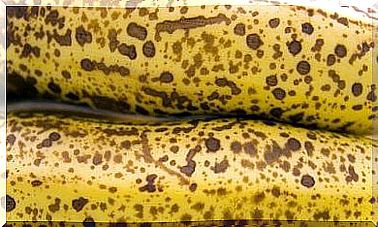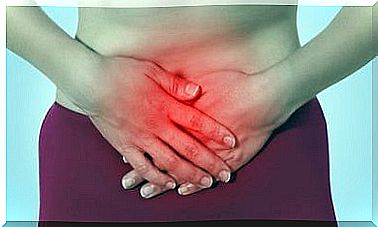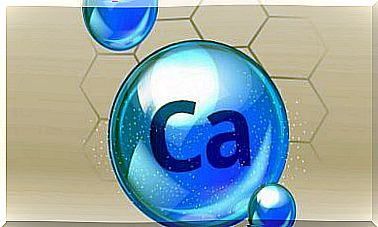The Physiology Of The Thyroid Gland
In order for the thyroid gland to do its job properly, it is important that we get enough iodine through our diet
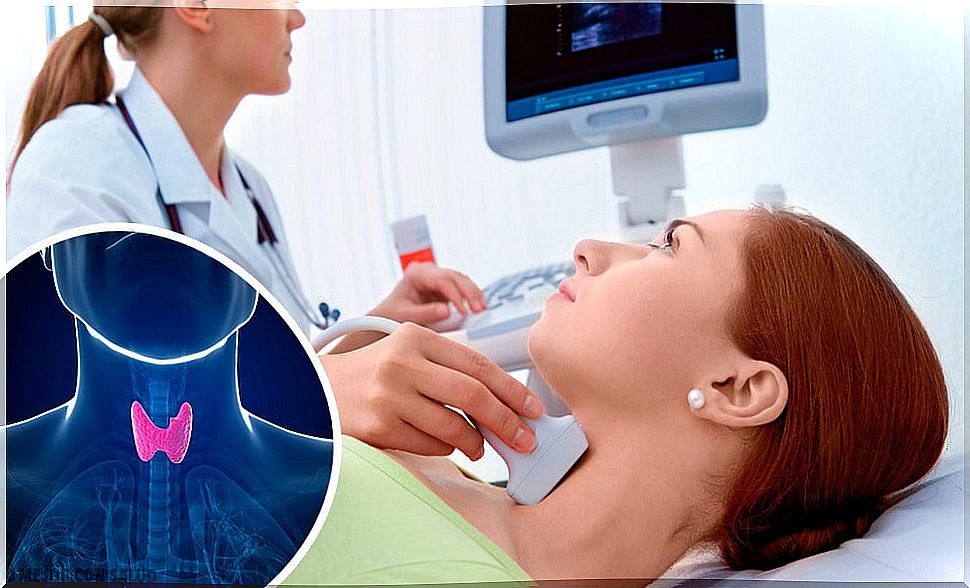
The thyroid has important functions in our body. For this reason, we would like to bring you closer to the physiology of the thyroid gland in this post .
This gland produces two very important hormones: thyroxine, or T4, and triiodothyronine, or T3. Both have an influence on the regulation of growth and development. They also have an effect on cell metabolism and the body’s heat regulation.
The thyroid hormones also influence the cardiovascular system, the central nervous system and the reproductive organs. An excess or a disorder of these thyroid hormones has a negative effect on our body.
What is known about the physiology of the thyroid gland is that it makes the hormones T3 and T4. This activity is controlled by the hypothalamus, which produces a hormone called TRH that acts on the pituitary gland and from there stimulates the thyroid gland.
The pituitary gland itself produces the hormone THS, which stimulates the thyroid gland to release the thyroid hormones into the blood.
Control over the secretion of thyroid hormones

The physiology of the thyroid gland includes the release of hormones. Both the hypothalamus and the pituitary are involved. The stimulation for the formation and the release of the hormones takes place in five steps:
- The DBS stimulates the activity of some thyroid cells.
- The hormone THR reaches the pituitary gland and provides the necessary stimulus for the production of the hormone THS.
- The corresponding cells of the thyroid gland release T3 and T4 into the blood until the levels normalize.
- When the T3 levels are high, the release of hormones from the hypothalamus and pituitary gland is stopped.
- When the levels of T3 and T4 are low, messenger substances are produced that stimulate the hypothalamus to produce the hormone THR.
As you can see, this is a feedback process between the hypothalamus, the pituitary gland and the thyroid gland itself.
When we talk about the physiology of the thyroid in everyday life, we can say that DBS “switches on” or “switches off” the thyroid.
Thyroid physiology and hormone production

So that the formation of thyroid hormones can take place, three elements are important: iodine, thyroglobulin and tiroperoxidase. We get iodine from external sources. We get it through our diet and it is very important for proper thyroid function.
Thyroglobulin is a protein that is produced in the follicle cells of the thyroid gland. Tiroperoxidase is an enzyme that is also produced by the thyroid gland.
When the three elements (iodine, thyroglobulin and tiroperoxidase) work together, the formation and release of thyroid hormones can take place in four phases:
- Iodine intake. The thyroid accumulates around the iodine.
- Conversion of iodide into organic iodine. This step includes:
- Conversion of iodide into free iodine.
- Incorporation of the free iodine into the tyrosine molecule.
- Formation of iodine tironins,
- Coupling of monoyutotirosin (MIT) and diyutotirosin (DIT) to form T3. Then pair the two DITs to produce T4 through the action of tiroperoxidase.
- Secretion of thyroid hormones. It is through this process that the thyroid hormones enter the bloodstream. This phase is controlled by the hormone THS in the pituitary gland.
As you can see, the physiology of the pituitary gland is a complex and millimeter-accurate process. A disruption in this system can be the trigger for diseases such as hyperthyroidism or hypothyroidism.
Effect of thyroid hormones
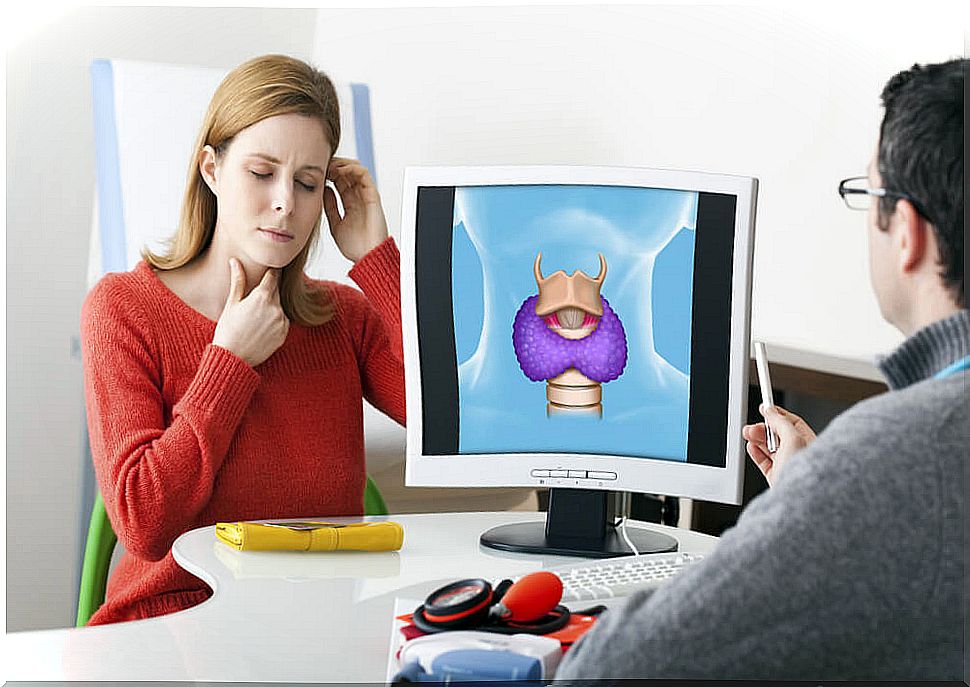
The thyroid hormones are critical to the healthy functioning of the body. They work in many ways, including the following:
- Increase the oxygen supply to the tissue and thereby support the heart function.
- Increase the absorption of protein and carbohydrates in the digestive tract.
- Support embryo development and growth in childhood.
- Facilitate the transport of oxygen in the body.
- Promote normal growth of nerve cells.
- Support the formation of proteins and glycogen.
- Promote the absorption of fats.
In short, the thyroid hormones fulfill crucial functions in the body. Basically, they regulate energetic processes and optimize them, especially in phases of change.


